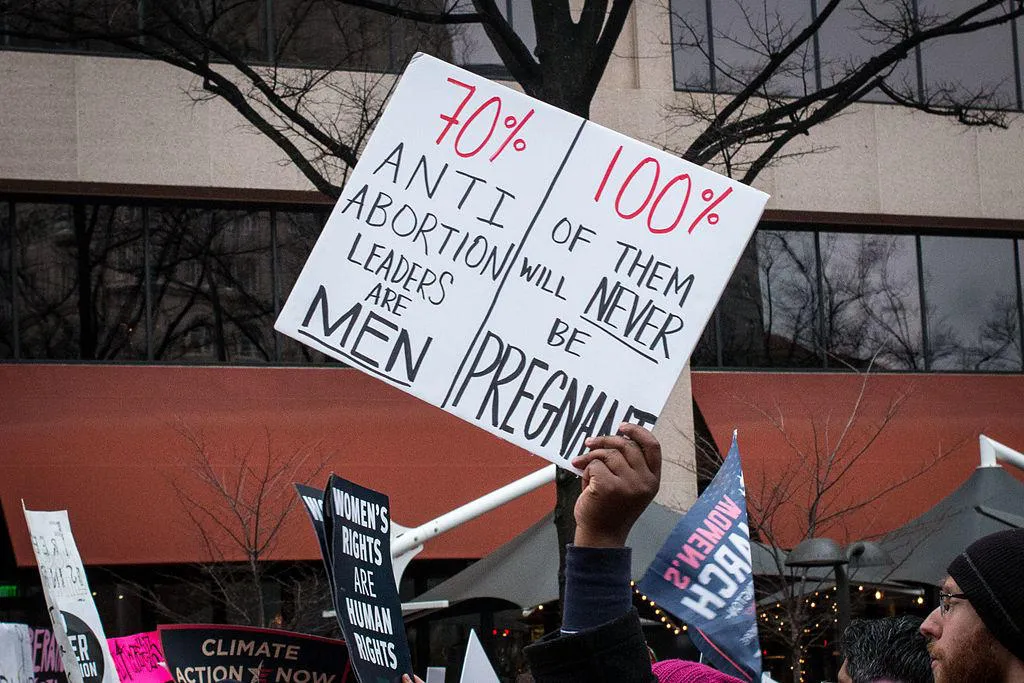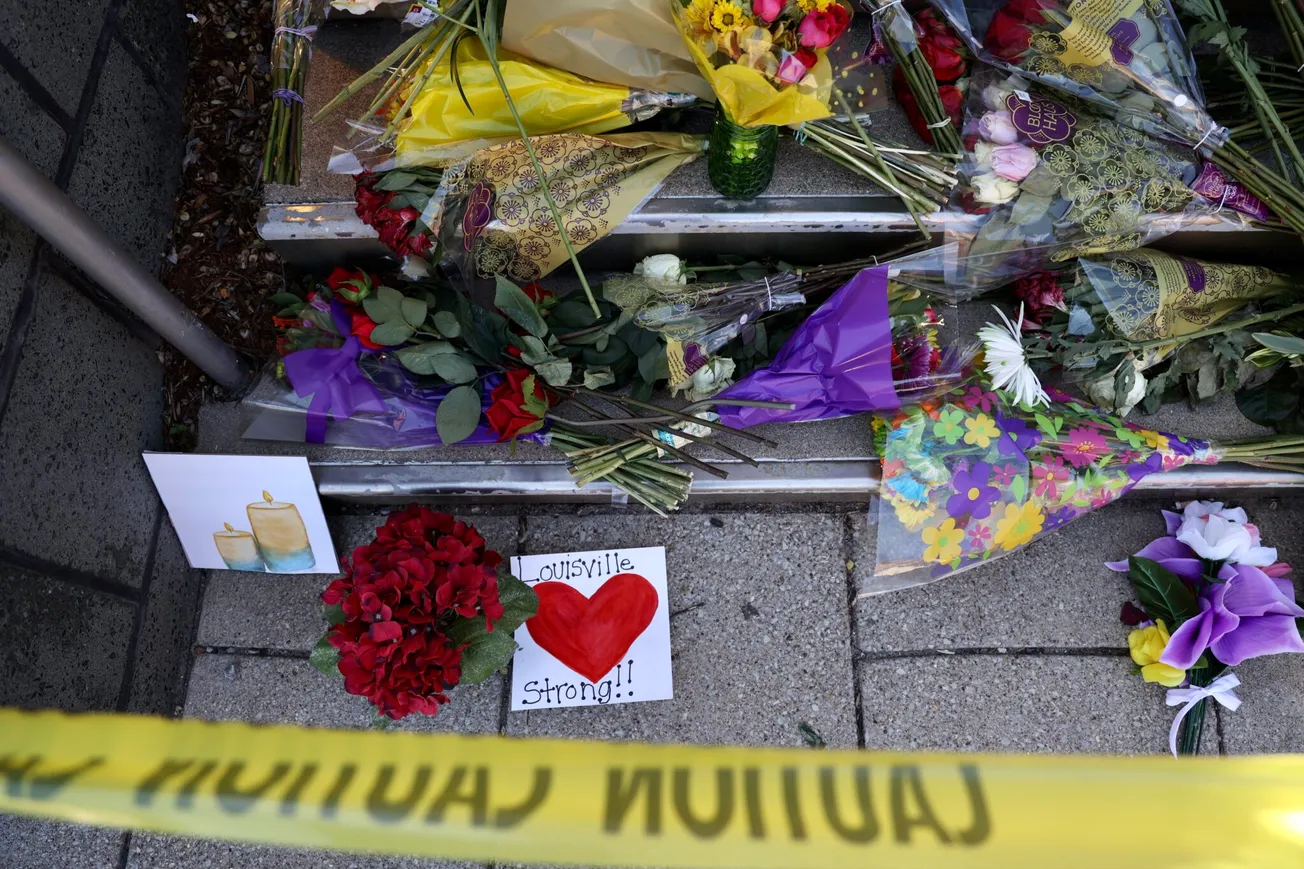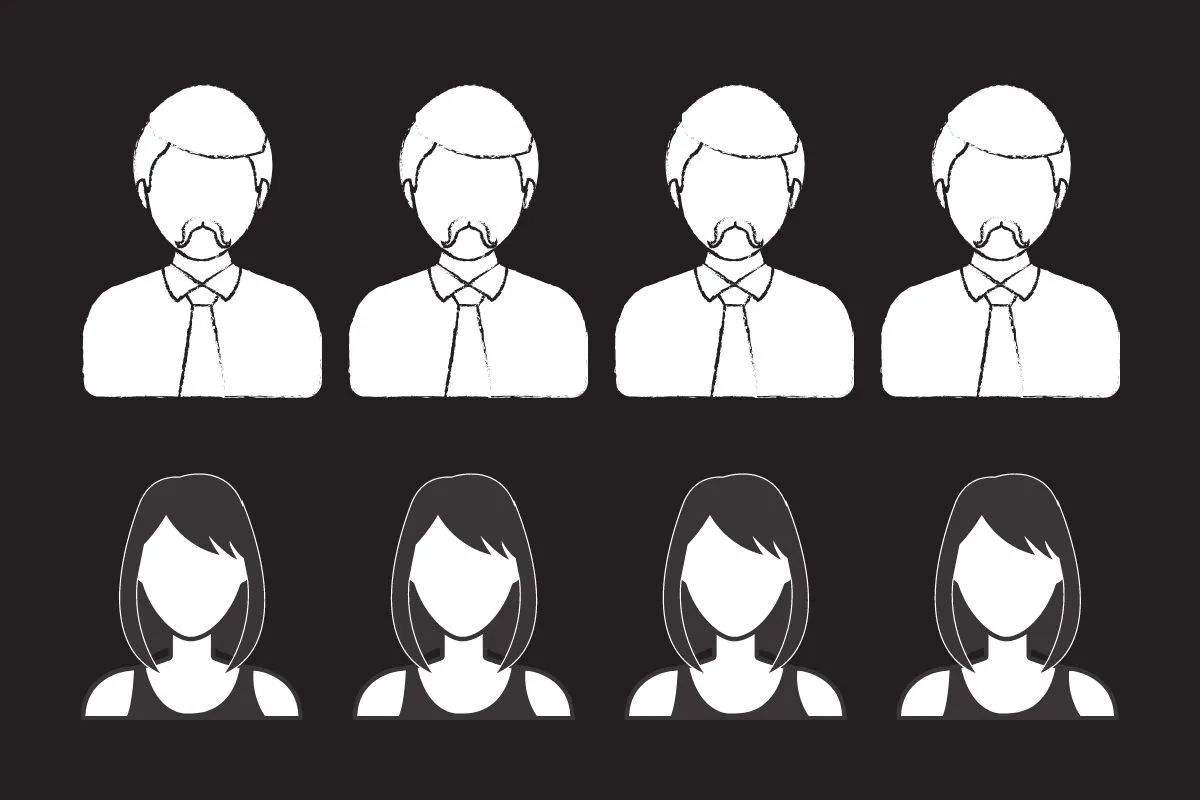Just about every woman who has experienced a pregnancy has faced at least one moment of uncertainty. I remember mine like it was yesterday.
My pregnancy was labeled “high risk,” so in addition to regular check-ups, I also had appointments with a high-risk doctor. During one of those appointments, he had been very chatty, pointing out all the things he could see on the ultrasound.
Then the room fell silent.
I froze, too scared to ask questions, because I was too afraid to know. That’s when he pulled a pen out of his coat pocket, clicked it, and started writing.
The silence probably only lasted a minute, but it felt like an eternity.
Eventually, the doctor filled the void by explaining his concern with the ultrasound. While it required seeing a specialist after my daughter was born, it was nowhere near the kind of heart-breaking news women hear in doctors’ offices every day.
In that moment, I was relieved. With that relief came an even greater sense of empathy, because for the first time, I faced the question of what might have happened if the news had been worse. As my mind filled with what-ifs, I knew one thing for sure, the decision about next steps belonged to the people in that room – not politicians in Frankfort or Washington, DC.
But within two years, that would all change.
A half-century of constitutional precedent under Roe v. Wade was overturned by the Dobbs decision. Almost immediately, there was a national conversation about tracking pregnant women’s out of state travel, punishing women for seeking abortions, and jailing the doctors who provided them. Soon after, politicians put access to birth control and in vitro fertilization (IVF) treatments at risk.
Women are now experiencing more unnecessary emotional and physical pain than most of us can imagine. And their doctors — the professionals who take the Hippocratic Oath to “do no harm” — are afraid to do what they know is right.
Or, in places like Kentucky, they are not allowed.
For decades, opponents of Roe largely, and wrongly, sold reproductive freedom as a last resort only accessed by irresponsible young girls. Women who sought care were publicly shamed and harassed. The stigma was so bad that women who experienced miscarriages were afraid, and even embarrassed, to talk about their own experiences.
But in the aftermath of Dobbs, old political rhetoric would be replaced with a new reality that opened people’s eyes to experiences, perspectives, and stories they had never heard — or possibly even considered — before. Survivors of rape and incest began to speak up. Women devastated by nonviable pregnancies or desperate to access IVF shared their heart-breaking stories.
Every story, a different experience – sometimes worlds apart. But the common thread throughout was that women had lost the ability to make personal decisions about their health with their doctors, because the government — without knowing the unique details of each woman’s circumstances — had already made the decision for them.
Thanks to the brave women who have shared their stories, there has been a seismic shift in compassion, empathy, and understanding across the country. So much so that states like Kansas, Kentucky, and Ohio have rejected legislative attempts to constitutionally deny women the freedom to make their own healthcare decisions.
As someone who works to find nuance in difficult debates, I recognize that these are deeply personal decisions – as does the vast majority of the population. These decisions are so unique and sometimes so traumatic, they are simply not the business of government.
Because when women are forced to suffer until they go septic simply to get the care they need; when they are sent to hospital parking lots to bleed out until it is too late, we haven’t just reached a breaking point, we have far surpassed it.
The lines are too clear, and the stakes are too high.
Women – not the government – deserve to make their own health care decisions.
--30--
Written by Jacqueline Coleman, Kentucky’s 58th lieutenant governor.







